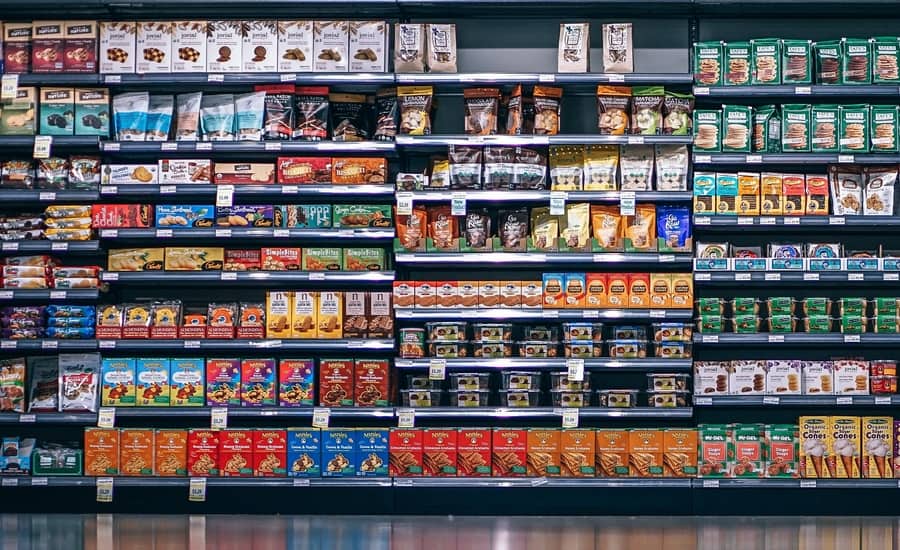



It seems that Food Standards Australia and New Zealand (FSANZ) has now started to put the industry’s profit before the health of the people. Sources claim that this is being done in order to approve irradiation of all fresh produce. Hence, ministers are being urged to step in between and take control. Also, consumers are now starting to feel extremely betrayed and urging Australian ministers to not approve FSANZ’s decision. Hence, buyers are having to take extra responsibility and care while buying their fresh produce from the markets.
Therefore, consumers are asked to take extra care in checking labels on imported fresh fruit and vegetables and use their purchasing power to buy New Zealand grown produce and reject irradiated food. Food Standards Australia and New Zealand (FSANZ) have recommended to the Ministerial Forum, which meets this week on the 9-10 July to ratify their recommendation to approve the irradiation of all Australian fresh fruit and vegetables exported to New Zealand.
Though FSANZ has denied the statement, there is evidence to show that the irradiation doses intended to be applied to the vegetables and fruit will be nutritionally reduced and proteins changed or broken down. Shelf life would also be extended, but the fruit would not ripen properly as the ripening process is delayed. So fruit and vegetables appearing to be fresh may be partially cooked but unripe, hard and long past their best.
The Queensland applicant stated that the need to irradiate food was for trade reasons to stop fruit fly infestation. This is blatantly untrue as in 2019, The Ministry of Primary Industries (MPI) New Zealand stated that there have been only 5 Queensland fruit flies found and eliminated in the last decade. It is to be recognised that irradiation of food will not be mandatory and other phytosanitary options are available. Of great concern is the New Zealand Food and Grocery council submission that asked for the removal of labelling irradiated food citing that it was costly for industry and consumers to bear.
Article by: Hari Yellina (Orchard Tech)